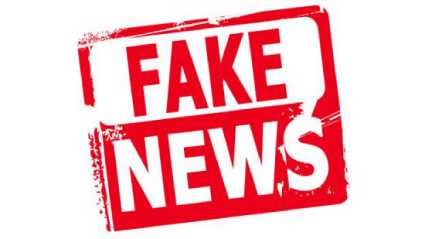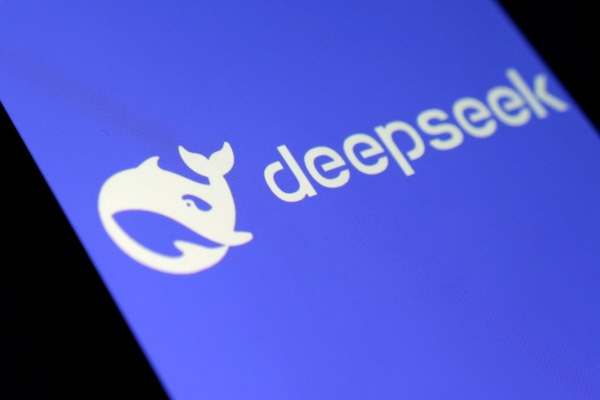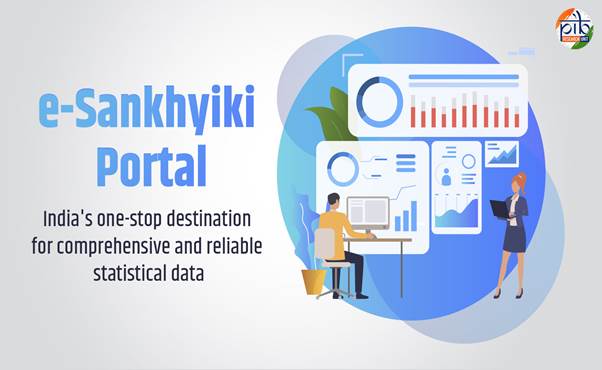The work of the fact-checking community is important not only to check harmful lies and misinformation, but also to give people the tools to learn more about sources, stories and images for themselves.
It’s just another way to combat misinformation. While many people have had to verify a claim or source, it can seem overwhelming to do it from scratch.
The work of news organizations, fact-checkers and community groups is an important part of fighting misinformation by creating articles that present clear and reliable information.
Fact Check Explorer is a Google tool that helps Google identify and display fact checks, where you can find fact checks researched by independent organizations around the world.
It’s used by reporters, fact-checkers, and anyone who wants to get to the bottom of a story.
Recently, Google released a global beta version that lets you search by image in addition to the current text search.
Fact-checkers complained that the process of fact-checking images was difficult. They wanted to know if others had checked the image before, but they had no easy way to find out.
Google has now created this new feature to support this need. At Global Fact 10, the global fact-checking conference, the company invited the world’s fact-checking community to beta-test it.
Now an approved user using the beta version can upload or copy the link of any image into the Fact Check Explorer and see if it has appeared in any existing fact checks. The company says it will help speed up the process of fact-checking images worldwide.
One way to manipulate images is to use them in the wrong context. To combat this, Google is also rolling out a new feature that lets fact-checkers see the context and timeline of an image, so you know when Google first indexed it and how it’s been used since then.
When you use Fact Check Explorer to search for an image, it will show you references to that image online. You can see an overview of different image-related topics and their evolution over time. This will help speed up the research needed for the fact-checking processes of news agencies around the world.
- PRESS RELEASE







